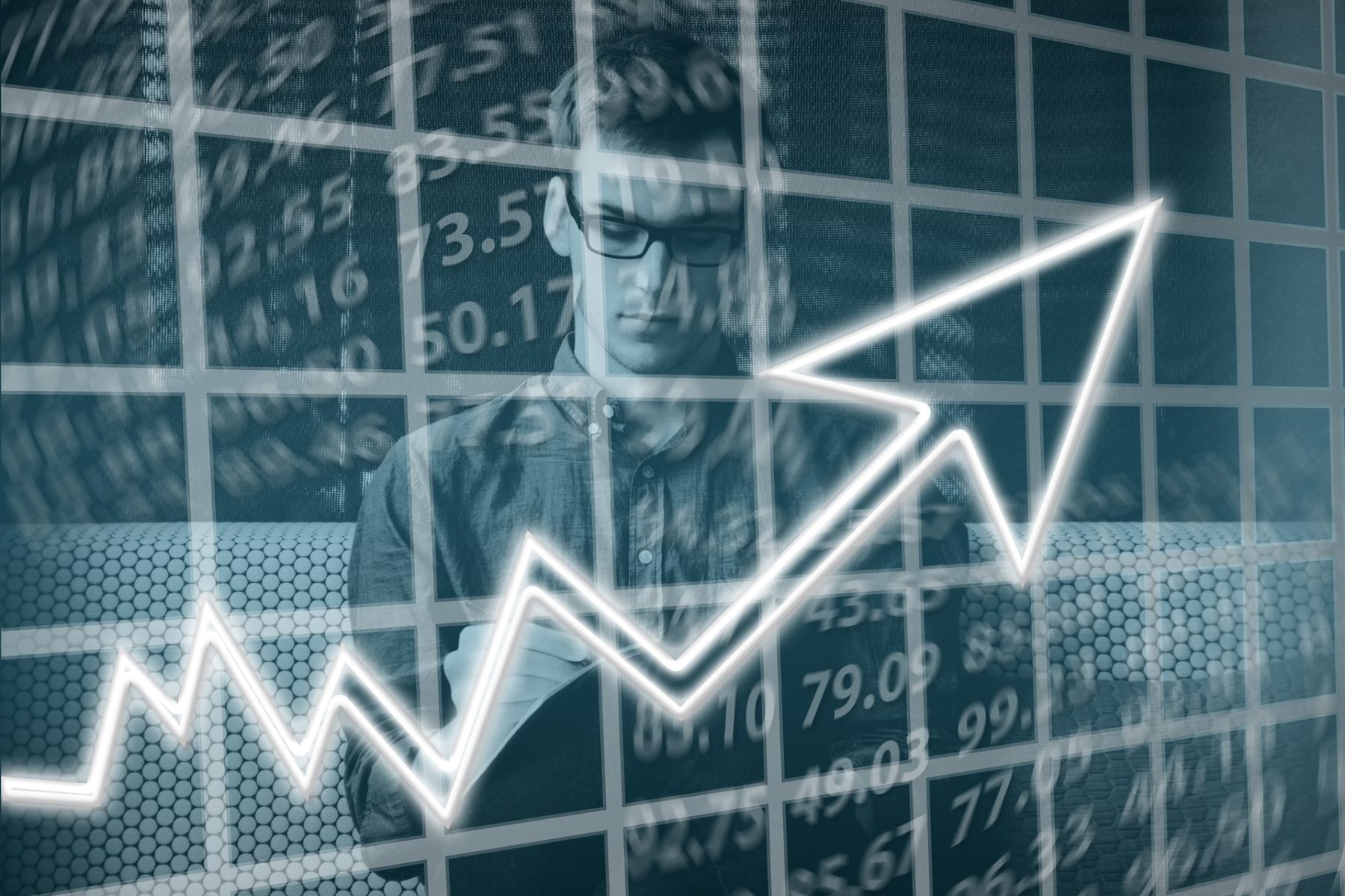 The business cycle, also known as the economic cycle or trade cycle, is the downward and upward motion of gross home product (GDP) around its long-time period development development. In 2009, Reckitt Benckiser, a medium-sized British Consumer Packaged Goods (CPG) agency, reported a 14% improve in earnings and an 8% increase in gross sales, whereas most of its rivals were down by more than 10% in profits (The Economist 2009 ). Reckitt put this down to its proactive advertising and marketing strategy to influence its clients to still pay for its dearer branded merchandise, even when occasions received robust.
The business cycle, also known as the economic cycle or trade cycle, is the downward and upward motion of gross home product (GDP) around its long-time period development development. In 2009, Reckitt Benckiser, a medium-sized British Consumer Packaged Goods (CPG) agency, reported a 14% improve in earnings and an 8% increase in gross sales, whereas most of its rivals were down by more than 10% in profits (The Economist 2009 ). Reckitt put this down to its proactive advertising and marketing strategy to influence its clients to still pay for its dearer branded merchandise, even when occasions received robust.
To weather these harsh economic times, which is able to come round eventually, managers mustn’t just spend more on marketing within the recession, additionally they have to spend present budgets extra neatly by shifting a few of the advertising and marketing bills over time and over merchandise.
In the meantime, about one-fifth of all main firms—those in the high quartile in their business based on financial efficiency—fell to the underside quartile in the 2001 financial downturn (The Wall Road Journal 2009 ). A similar heterogeneity is noticed in Gulati et al. ( 2010 ). In a study throughout the past three global recessions, they discovered that 17% of the near 5000 studied public corporations did not survive the recession, whereas 80% of the surviving firms continued to struggle three years after the recession.
Together, these findings show that, compared to items corporations, service companies could also be affected in a different way by BC fluctuations, and subsequently deserve separate analysis attention, particularly since the service industry contributes significantly to most nations’ GDP.
Importantly, each studies also relate the cyclical volatility in the relevant economic or marketing collection to the cyclical volatility in nationwide GDP over the identical interval to see whether the previous are affected kind of than the financial system as an entire.
